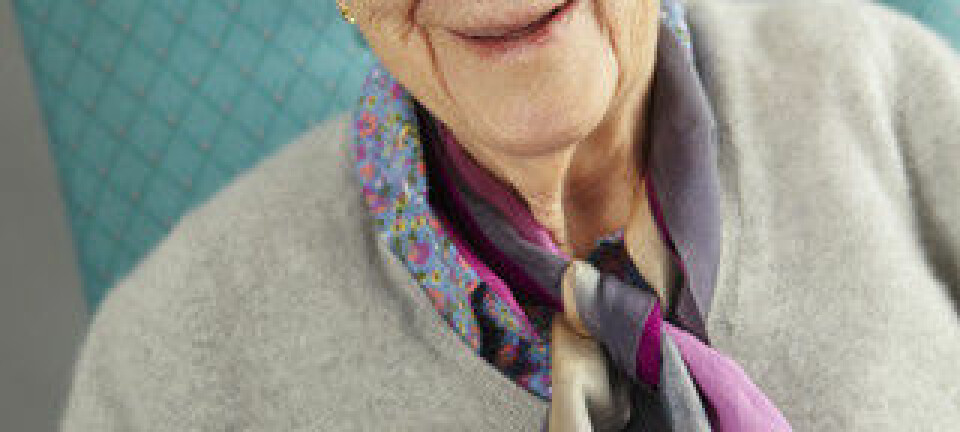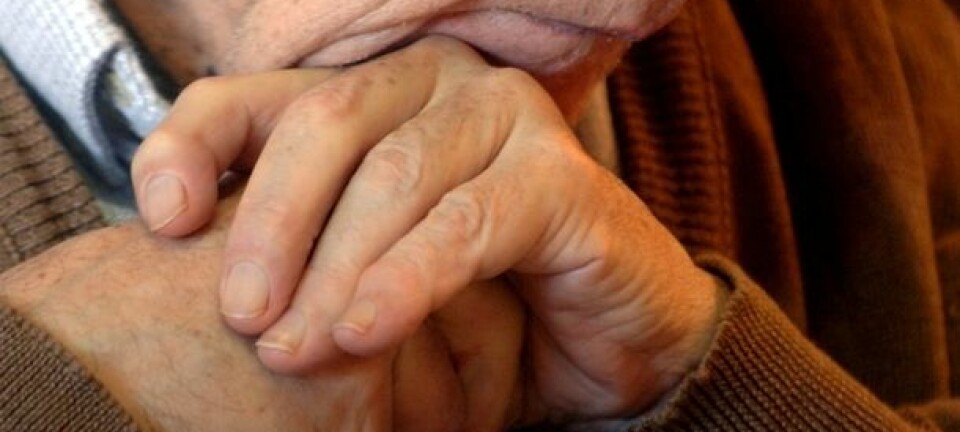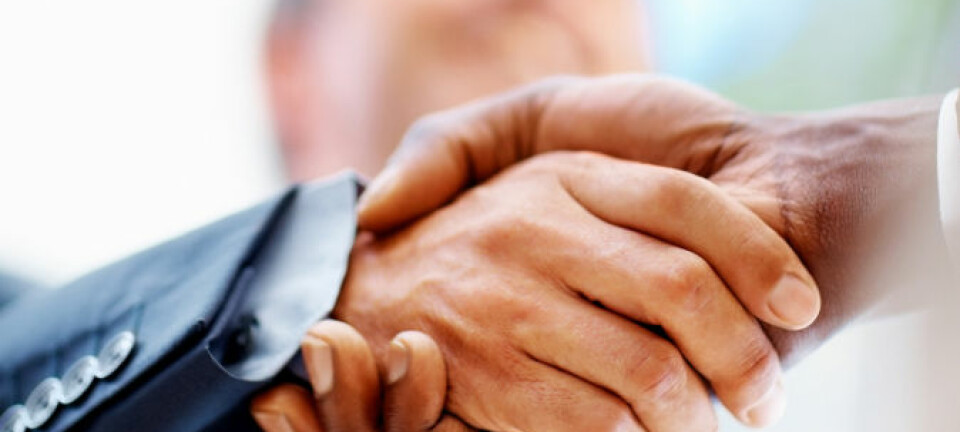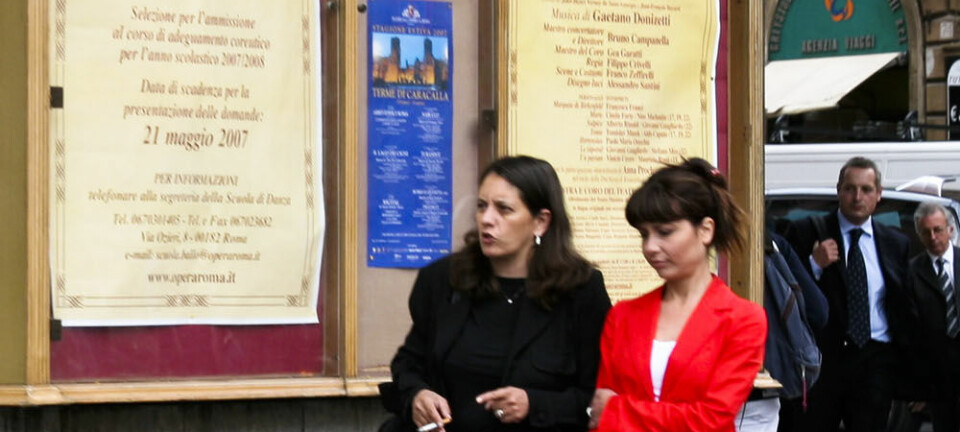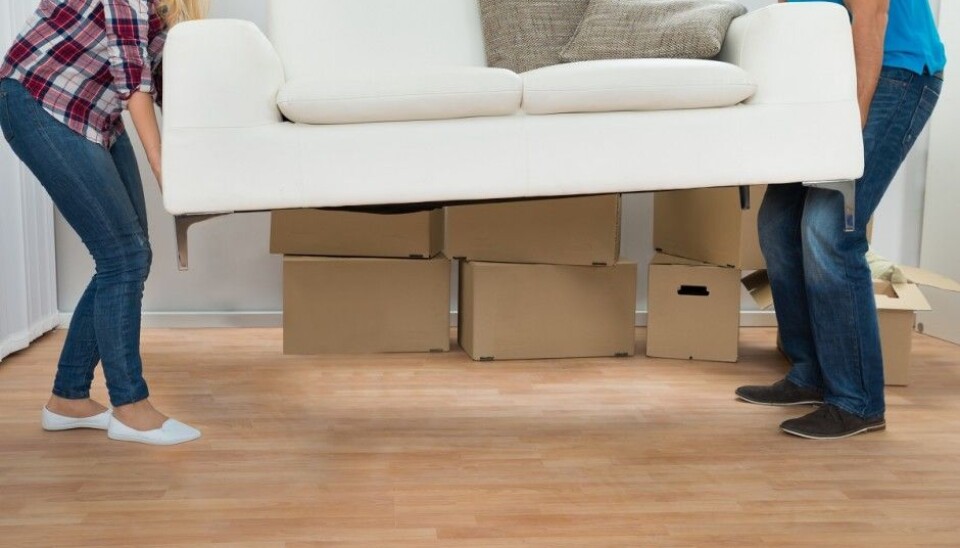
Norwegians are happy to help others
Over 90 percent of people residing in Norway say they have someone they can ask for assistance. Be that help to carry a heavy object up stairs or someone to borrow money from.
When Norwegians need to do some household maintenance, here too, nearly 90 percent answer that they have someone they can ask to help.
Over 85 percent respond that they can get advice or help if they fall ill.
The same number can get help solving a problem with their computer.
All these uplifting figures stem from Statistics Norway’s Survey of Living Conditions for 2017, which has charted the social network of Norwegians.
Increasingly helpful
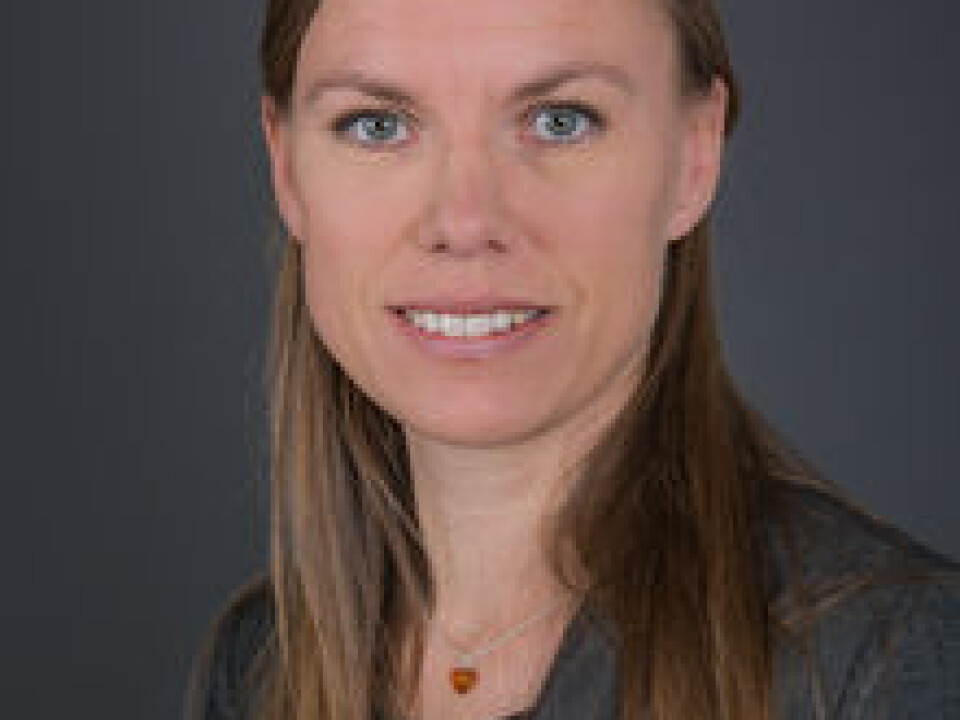
Identical questions have been asked by Statistics Norway in 2011, 2014 and now in 2017.
In every sphere, Norwegians find people around them are steadily more helpful.
For instance, eight percentage points more than in 2011 think someone would help them lug some heavy object. A seven point rise is seen in those who think a friend would help them if they had car troubles.
Not just a welfare state
Signe Bock Segaard is a researcher at the Norwegian Institute for Social Research (ISF) in Oslo. She finds it intriguing that so many Norwegians confirm having friends or family they can turn to if they need assistance.

“In Norway we often talk about the inflated expectations many have regarding getting help from the welfare state. But many can also rely on help from their friends and family,” says Segaard.
In a time when Norwegians are concerned about how to tackle a surge of baby boomers becoming pensioners and elderly, and thus more in need of municipal care, Segaard points out that people in Norway have a large potential for volunteer aid from family and acquaintances as well as from NGOs.
Voluntary organisations are eager to supplement the public welfare system. One of many examples is the Red Cross, which offers visits and service to people in their homes.
In the Survey of Living Conditions from 2017 nearly 40 percent of those who were asked say they have done some sort of unpaid work for an organisation in the past 12 months.
“One of the reasons why Norwegians say they have such a good social network as shown by the 2017 survey is probably that Norwegians top the world in general confidence in other persons,” says Segaard.
Problems with bureaucrats and cars
Somewhat fewer Norwegians – 82 percent – say they have someone they can ask for help in navigating through bureaucracy.
At the bottom end of faith in help from their friends – weighing in at “only” 72 percent – is the share of Norwegians who own a car and have technical problems. Still, more think they could get such private help than in 2011, when 65 percent responded that such automobile assistance could be obtained.
The lower shares regarding help from family and friends in these realms probably reveal more about the perplexities of dealing with bureaucrats and the high-tech skills needed in fixing modern cars than a lack of neighbourliness and helpfulness.
A little fewer of the elderly
Among older persons, the share saying they have someone to ask for help is a little lower than among the younger population. Nevertheless, over 80 percent of Norwegians over the age of 66 say they have someone who they can ask.
Older people are particularly in doubt, however, about finding a friend or relative who can help them with their computers.
These grey-haired Norwegians also have less faith than their younger countrymen regarding getting someone to help with their cars or counsel them about health or sickness issues.
Women and bureaucracy
Norwegian women with lengthier educations are those who have the most people they can ask for help or advice. Men with little education are a bit less likely to have such a wide circle of persons who might lend them a hand.
Statistics Norway finds that the difference between women and men is greatest in this context when it comes to dealing with public authorities and bureaucrats. Nearly nine in ten women have someone they can ask for such help, whereas eight in ten men have such connections.
Men seem to have as large a chance as women in other areas, such as help in carrying an unwieldy object or in some category of residential maintenance.
The 2017 Survey of Living Conditions shows that highly educated Norwegians tend to have a slightly larger social network of persons than those with less education. Those with more schooling are especially more likely to have someone near them they can ask for help regarding illnesses.
Norwegians with fewer years of education top those with many years of studies in just one area. They have a wider field of contacts who can help them with car troubles.
----------------------------------
Read this article in Norwegian at forskning.no
Translated by: Glenn Ostling







